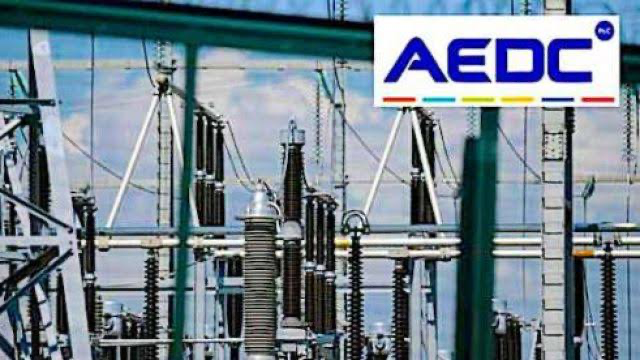In a decisive move reflecting the frustrations of its populace, the Niger State House of Assembly has given a directive to the State Governor, Rt Hon Umar Mohammed Bago, urging an immediate initiation of steps to sever ties with the Abuja Electricity Distribution Company (AEDC) due to ongoing dissatisfaction with the electricity supply in the state. This development was reported on March 26, 2024, marking a significant moment in the state’s quest for improved power services
Niger State, notable for housing four hydroelectric dams that contribute 60 percent of Nigeria’s electricity, faces a paradoxical situation where its residents endure less than the minimum expectation of 18 hours of power supply daily. This contradiction has led to growing unrest among the state’s citizens, prompting the legislative body to take a stand against the distribution company responsible for electricity provision.
The state’s legislative decision came after a session where the AEDC’s Chief Operating Officer, Mr. Okwuokenye Chijioke, was summoned to address the assembly regarding the persistent power supply issues plaguing the state. Despite the company’s claims of facing a poor payment culture from consumers, which purportedly results in only 60 percent of energy supplied being realized financially, the assembly’s patience has worn thin. Mr. Chijioke disclosed that the consumers’ outstanding debt to AEDC amounted to over N3 billion, a figure he described as substantial.
However, this explanation did little to sway the assembly’s stance. Speaker Rt. Hon. Abdulmalik Sarkindaji, expressing the collective resolve of the 27 state constituencies, articulated the decision to explore alternatives to AEDC, stating, “That is the wish of our people that we are representing. We want to try another Disco and compare it with the poor services AEDC has offered to the state in recent times. If we are not satisfied, we will come back and apologize to AEDC.”
This bold step by the Niger State House of Assembly signifies a critical juncture for the state’s energy sector, potentially setting a precedent for other states dissatisfied with their electricity distribution companies. The move underscores a broader issue within Nigeria’s power sector, where distribution inefficiencies and financial disputes between DISCOs and consumers continue to hamper the delivery of reliable electricity services, despite the country’s vast energy production potential.
As Niger State contemplates this significant transition, the implications for both the state and its residents are profound. The quest for a more reliable electricity supply goes beyond mere convenience; it is a matter of economic necessity and quality of life. Reliable power is crucial for businesses, healthcare facilities, educational institutions, and the overall social well-being of the populace.
This scenario raises essential questions about the accountability and efficiency of power distribution companies in Nigeria, the role of regulatory oversight, and the pathways to achieving a more sustainable and equitable power supply across the country. It also highlights the importance of constructive engagement between stakeholders in the power sector, including government authorities, distribution companies, consumers, and regulatory bodies, to address the systemic challenges that persist.
As Niger State embarks on this unprecedented path, the outcomes of its decision will be closely watched by other states facing similar challenges. The success or failure of this move could potentially reshape the landscape of power distribution in Nigeria, prompting a reevaluation of how electricity services are delivered and managed across the nation.



